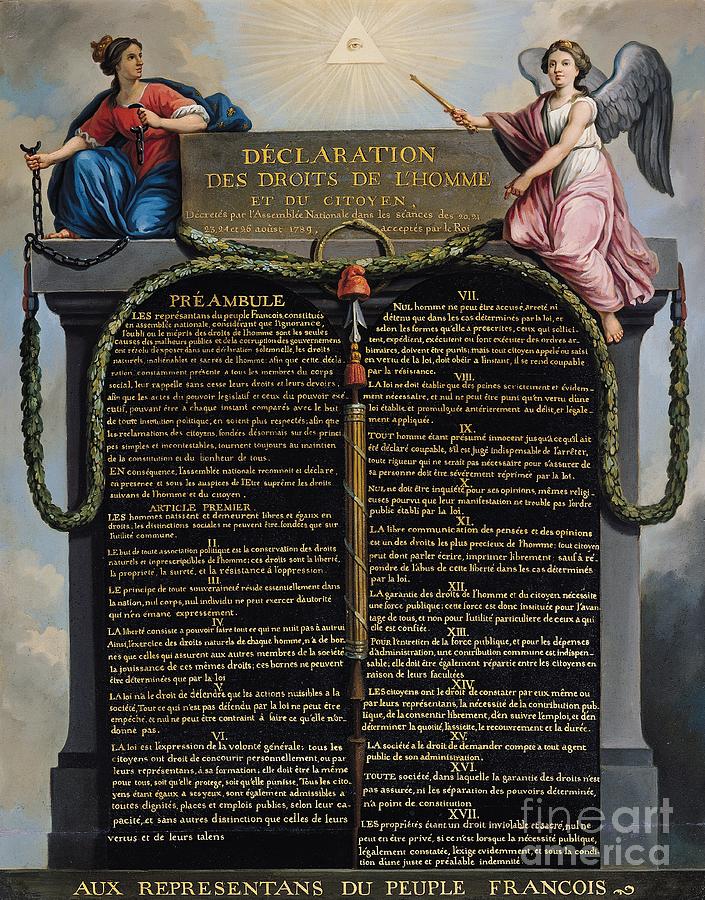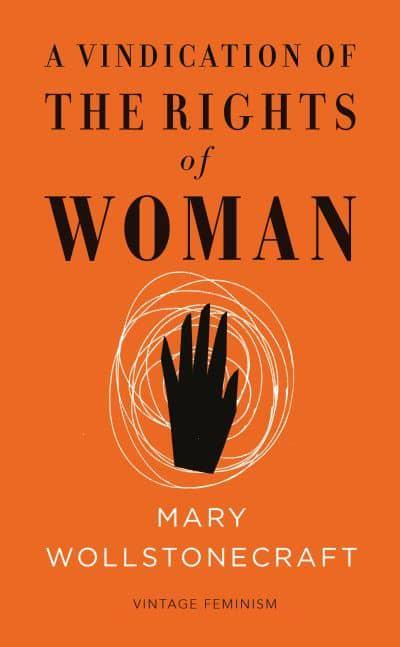
The Declaration of Rights of Man and of the Citizen reflects French thought by further mandating equality of taxation and equality before the law. Both granted freedom of religion, freedom of the press, and power to the people rather than a sovereign. The French Declaration closely resembles the American one. Jefferson, the principle author of the Declaration of Independence, served as U.S. The French were inspired to issue a document by a draft of a bill of rights that Thomas Jefferson offered to the Assembly. On August 26, 1789, the Assembly further emphasized its support of the Enlightenment ideals by passing the Declaration of the Rights of Man and of the Citizen. Enlightenment principles were beginning to become law. It also mandated equality of opportunity in access to official posts. On August 4, 1789, the Assembly decreed the abolition of the feudal regime by freeing the few remaining serfs and eliminating all special privileges given to the nobility in matters of taxation. For the majority of representatives in the Assembly, the Revolution meant a guarantee of citizens's rights, freedoms, and equality before the law. Within days, he was forced to recognize the authority of the National Assembly. The king offered far too little, far too late.

Although he granted freedom of the press along with some measure of equality to the citizens, he preserved many of the feudal rights of his nobles.

In June 1789, King Louis XVI responded to widespread anger in France by proposing a charter of rights to the Estates General. A product of the 1789 French Revolution, it reflected a radically new view of human rights. The Declaration of the Rights of Man and of the Citizen is the founding document of the French republic. The Assembly is responsible for stating France's revolutionary principles in the Declaration of Man and Citizen as well as writing the first French constitution in 1791.

Declaration of the Rights of Man and of the CitizenĪbout the Author: The National Assembly of France formed on Jwhen the Estates General decided to change its name as revolutionary sentiments spread.


 0 kommentar(er)
0 kommentar(er)
